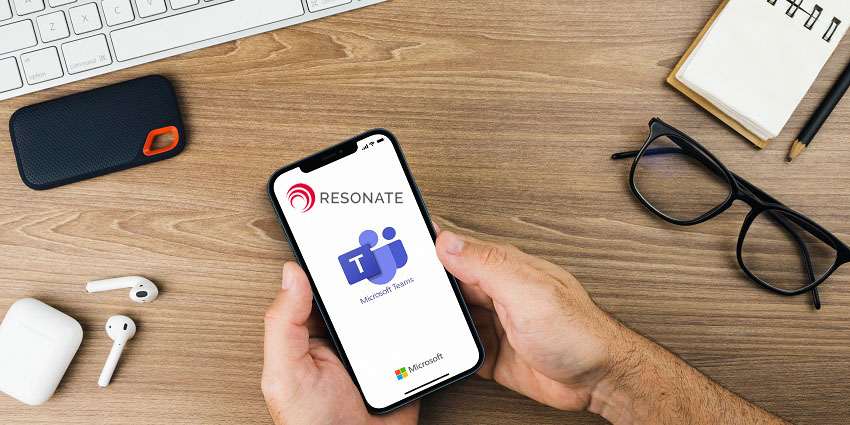As work has transformed to accommodate remote, hybrid and traditional office workers, attitudes to what constitutes best practice, professionalism and efficiency are changing. Recent research commissioned by Poly surveyed more than 7,000 hybrid workers in the UK, France, Germany, Spain, Sweden, Poland and the United Arab Emirates to understand how behaviour and expectations of the world of work are changing. Unsurprising, the findings which are presented in the Poly Evolution of the Workplace report uncovered that 64% of hybrid workers believe that office culture has changed forever.
Any situation in which almost two-thirds of people involved in it believe has changed is composed of losses and gains and it’s certainly true in new working practices. While many welcome increased flexibility and reduced commuting time, the perception that home workers are always-on an expected to respond at any time of day is a negative flipside to the home working. Some respondents – 52% – were concerned that home or hybrid workers could be discriminated against and of the 62% who said they had not been to their new office, 72% said the idea of going into the office is keeping them up at night.
These are understandable concerns for employers to address with the knowledge that traditional office working was not perfect and many of the stresses and discomforts of the traditional office are replicated in hybrid and remote environments. Nevertheless there are substantial steps that enterprises can take to ensure employees are well-equipped for home working and to maximise hybrid working productivity and satisfaction. Given that 42% of respondents said they will be prone to noise rage if colleagues are too loud when they return to traditional offices, retaining equipment such as noise-cancelling headsets could be an important step to reducing anxiety and also ensuring hybrid workers have the same quality of experience as office workers.
The survey has highlighted that enforced lockdowns have made many workers familiar and comfortable with working from home. Workers have reaped the benefits and found themselves to be productive in home working environments to the extent that 60% now worry they will become annoyed if noisy co-workers break their concentration. In comparison, only 34% of workers are looking forward to returning to the office because of the noise at home.
“Noise is a legitimate concern for many, particularly those younger workers that are new to the workforce or a new environment,” said Sof Socratous, vice president Northern Europe at Poly. “To address the issue of noise rage, organisations need to provide employees with the right technology, such as noise cancelling products, to reduce distractions, improve productivity and ensure quality of experience. Where possible, they should look to create dedicated quiet spaces equipped with the right technologies.”
For many, hybrid working has been a welcome addition to their working options but for younger people, there are fears that remote working could negatively impact their career progression because they need to establish networks and interact with peers. 52% of workers aged 16-24 are concerned about this and 53% of 18–24 year-olds said they worry remote working has made them less confident in their ability to communicate with work colleagues.
“Businesses need to understand employees’ personas and working styles and they need to clearly define their future office – what spaces will be needed?” added Socratous. “Should we create more areas for quiet working or collaboration? Doing so will allow organisations to better understand their technology requirements to help the workforce become happier, and more productive. Most importantly, this will ensure everyone has an equal experience, no matter where, when or how they work. This will allow everyone to reap the rewards and truly make hybrid ‘work’.”







